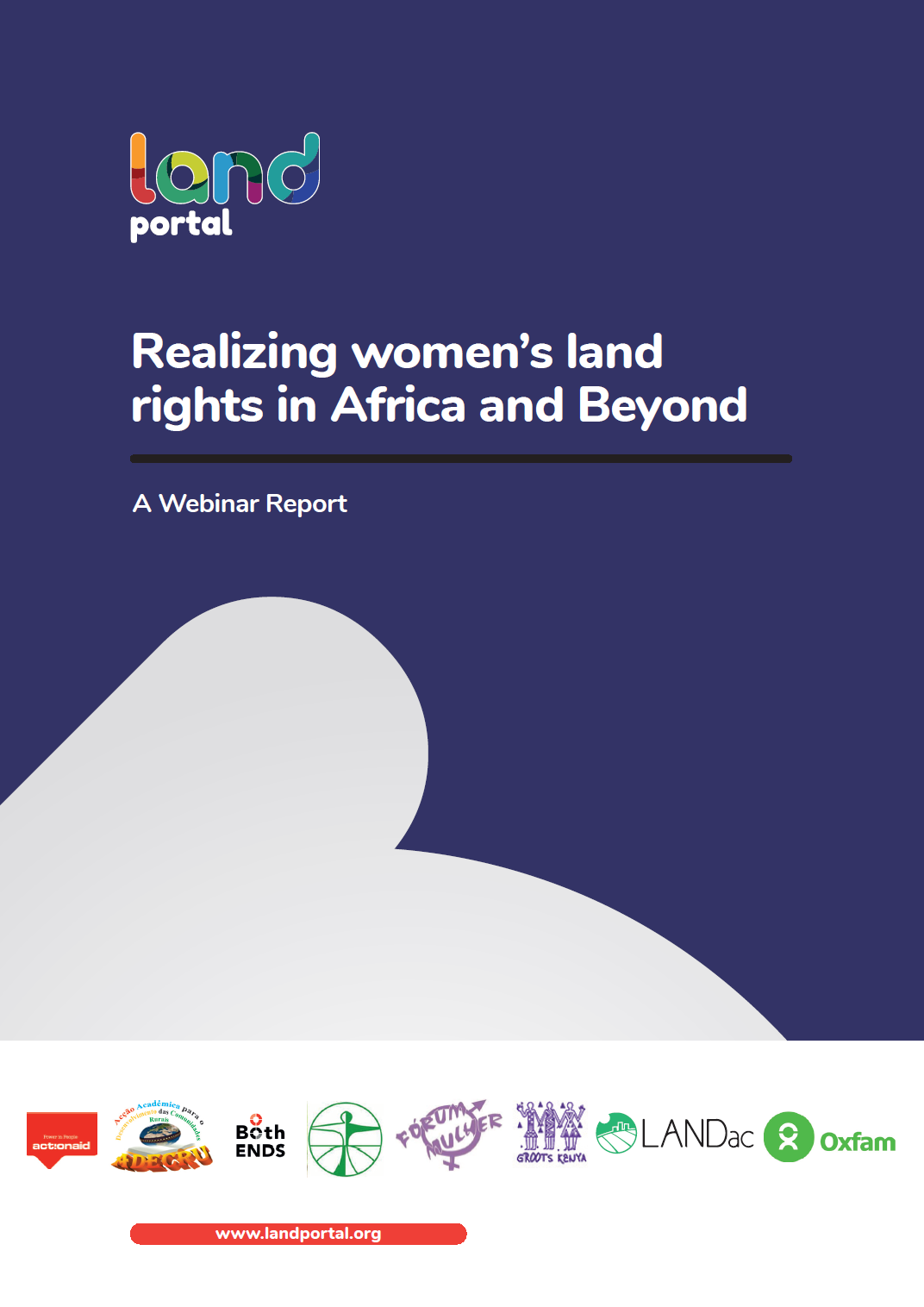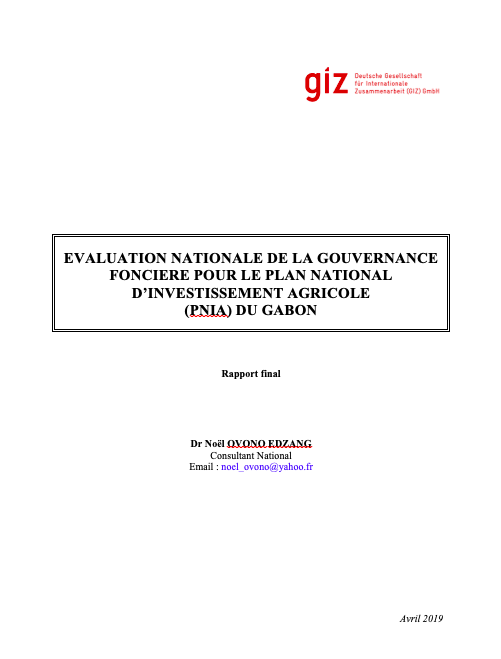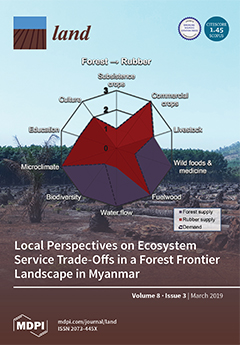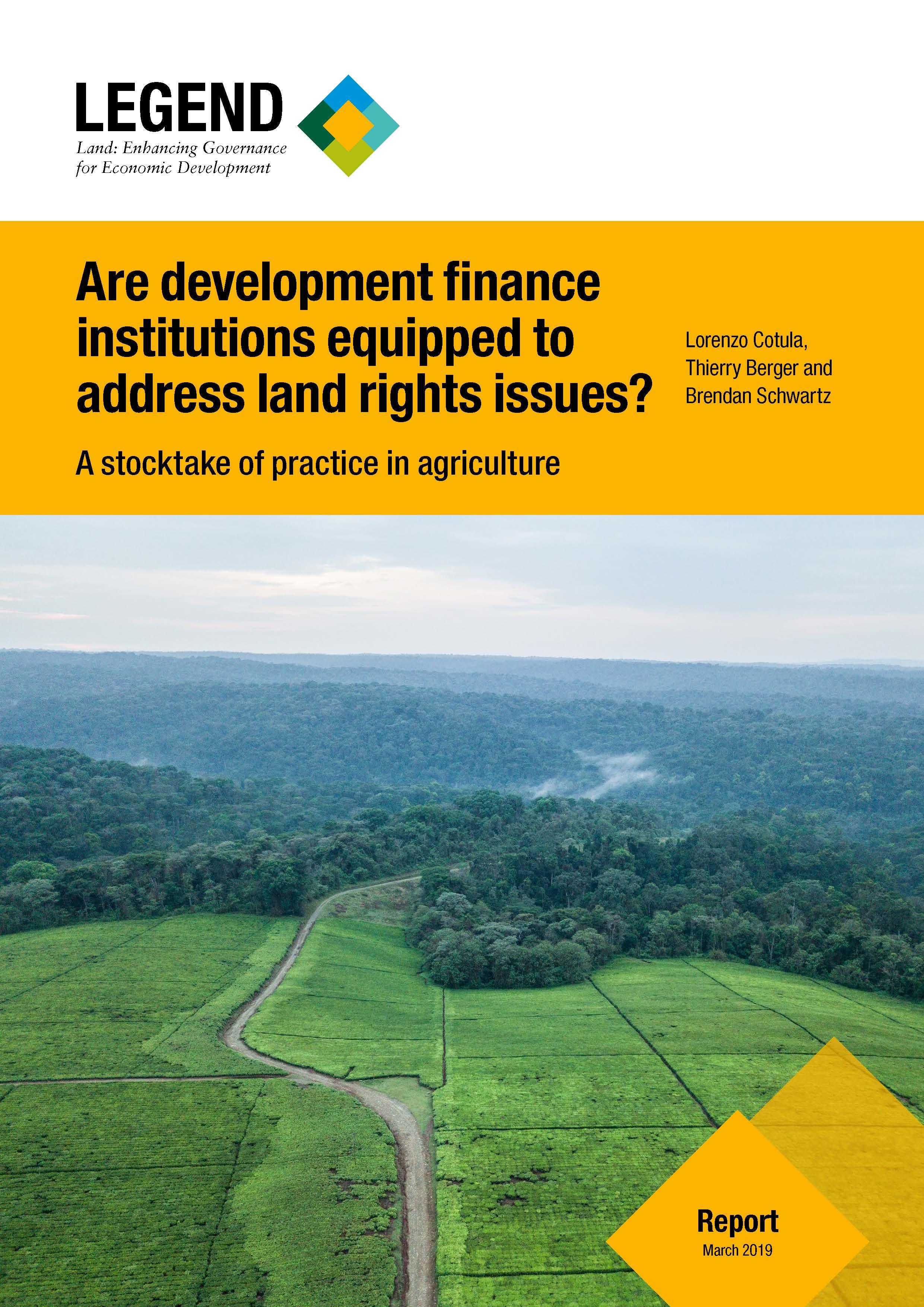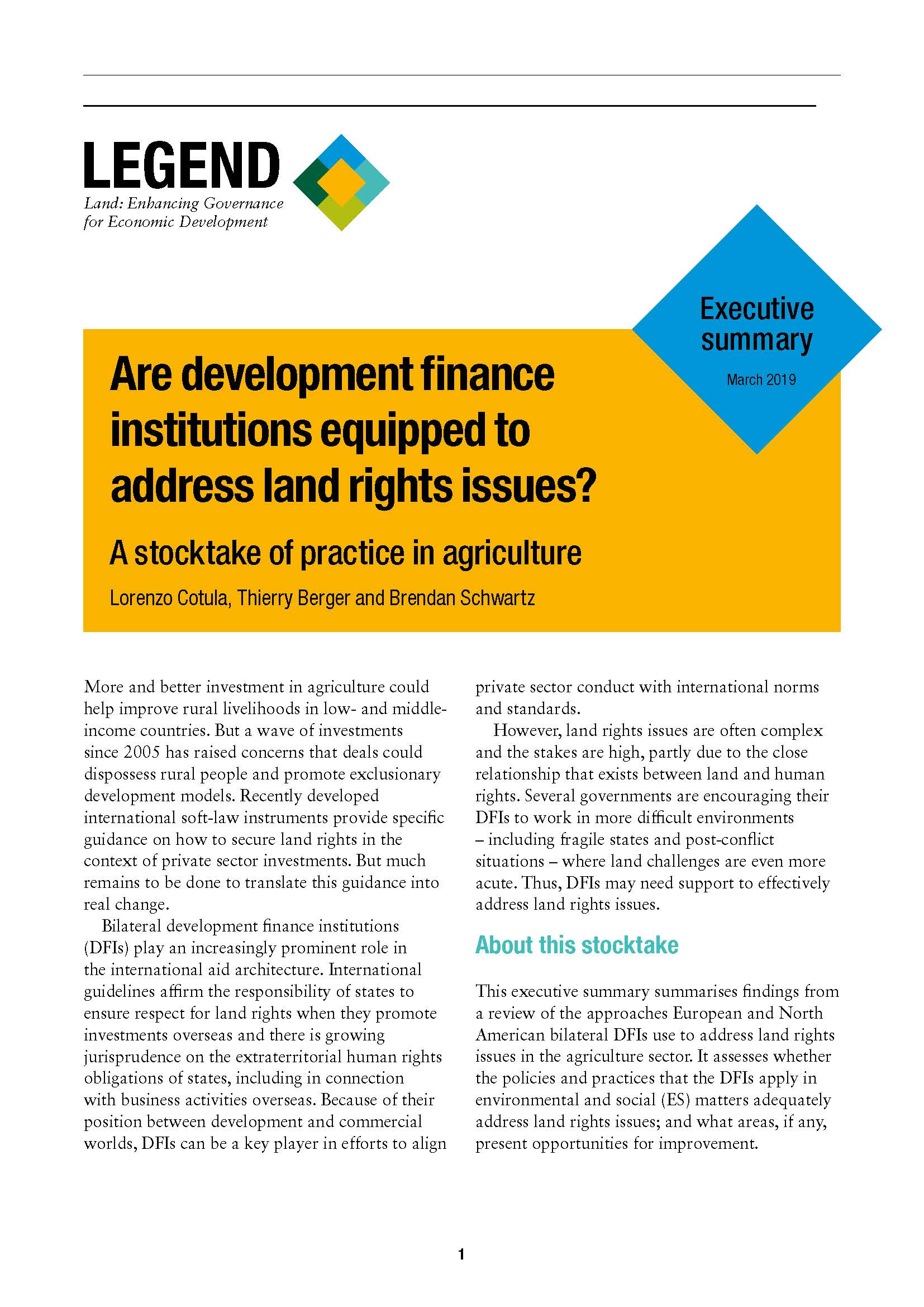Realizing women’s land rights in Africa and Beyond
In October 2016, women farmers from 22 countries across Africa climbed the peak of Mount Kilimanjaro to claim women’s rights for access to and control over land and natural resources. This event coincided with the launch of a campaign of the African Land Policy Centre (ALPC) to reach the target of having 30 percent of all registered land in the name of women by 2025 and to embed women’s land rights into the targets of the Sustainable Development Goals (SDGs).

